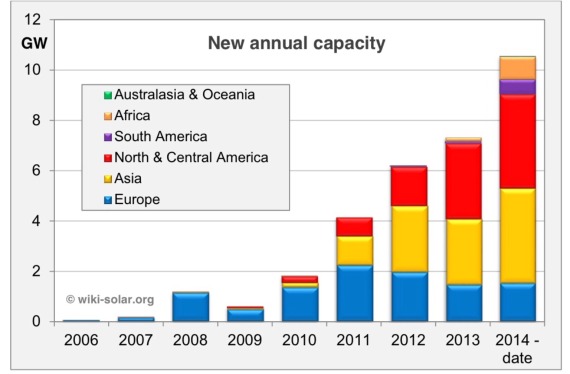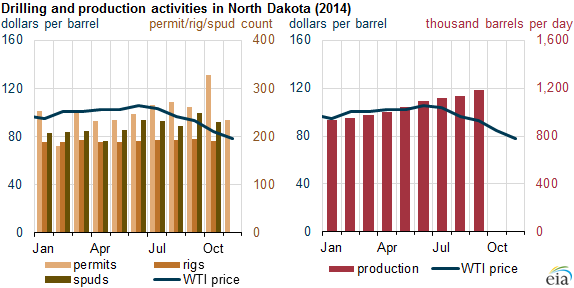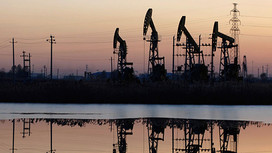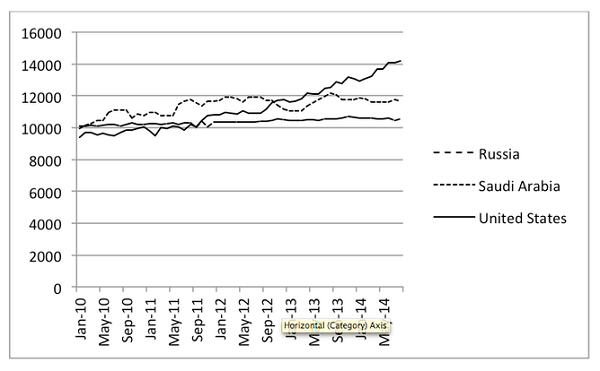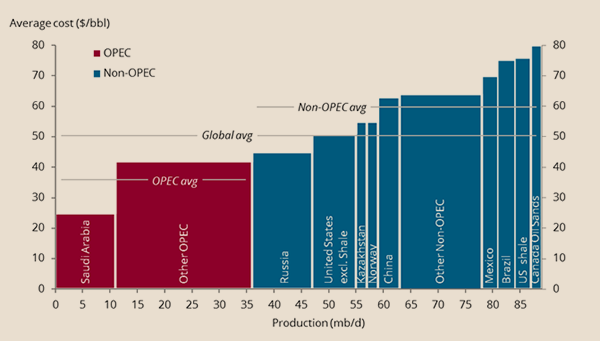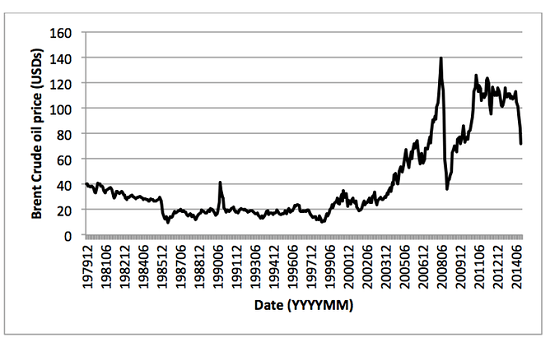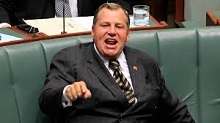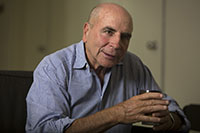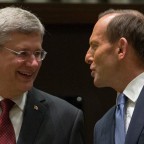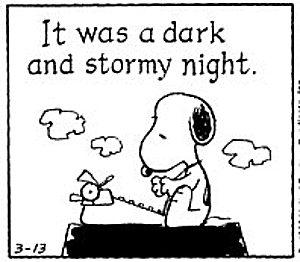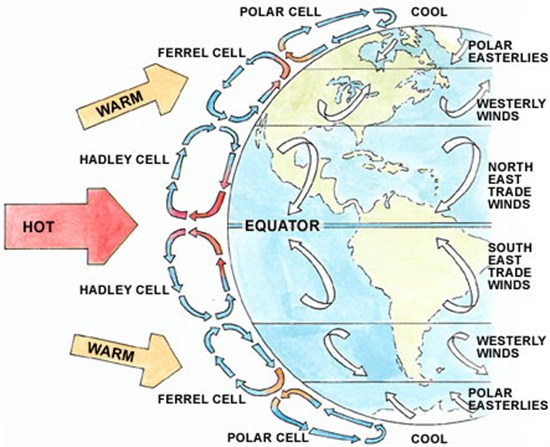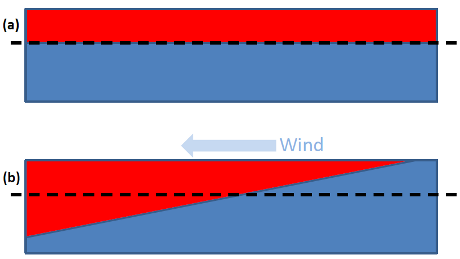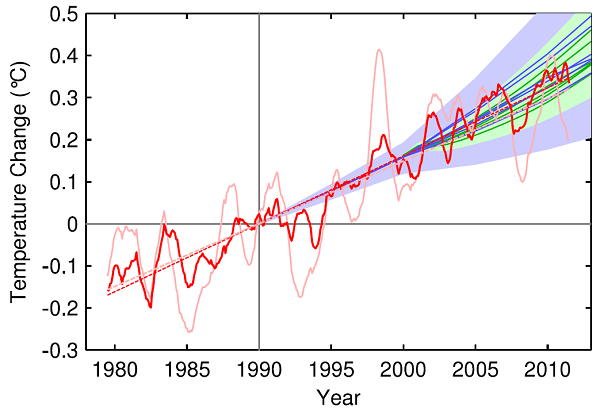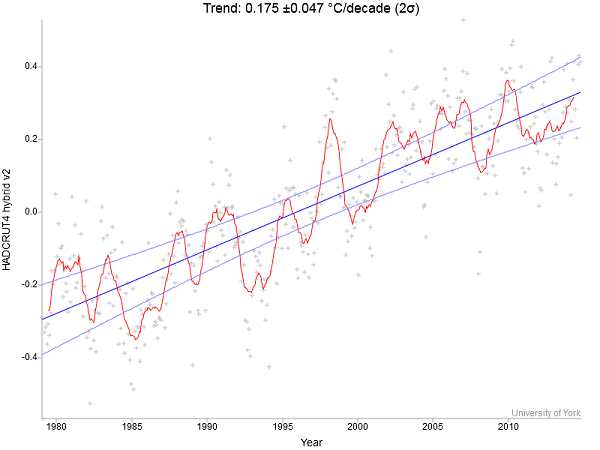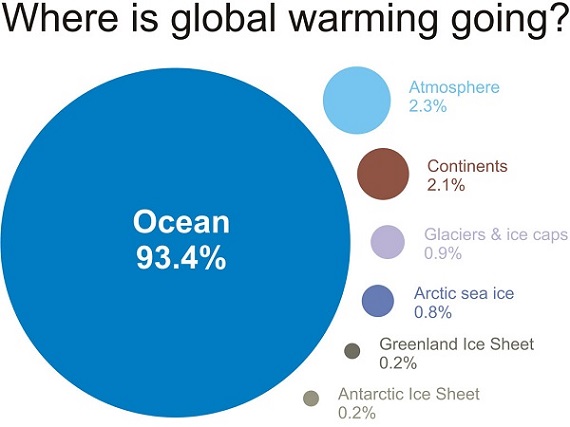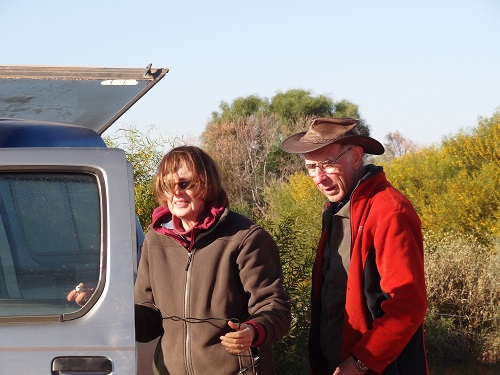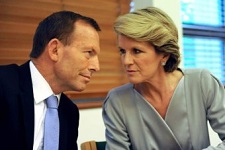
An open thread where, at your leisure, you can discuss anything you like, well, within reason and the Comments Policy. Include here news and views, plus any notable personal experiences from the week and the weekend.
For climate topics please use the most recent Climate clippings.
The gentleman in the image is Voltaire, who for a time graced the court of Frederick II of Prussia, known as Frederick the Great. King Fred loved to talk about the universe and everything at the end of a day’s work. He also used the salons of Berlin to get feedback in the development of public policy.
Fred would only talk in French; he regarded German as barbaric. Here we’ll use English.
The thread will be a stoush-free zone. The Comments Policy says:
The aim [of this site] is to provide a venue for people to contribute and to engage in a civil and respectful manner.
Here are a few bits and pieces that came to my attention last week.
1. Somewhat distracted
For one reason or another I’ve been more than usually separated from my computer lately.
Last night I had to go to bed early so that I could drive down to Coolangatta airport to pick up Mark and his partner. They finally made it back from Surat Thani in Thailand after they decided they didn’t want to get on their booked flight with Asia Airlines after the plane hit the drink during a storm. Dealing with travel agents who would sell you a train ticket to somewhere even though you knew the line was cut by floods was not fun.
My sister and brother-in-law are also down from the country. Unfortunately it’s not a social visit, rather accessing medical facilities only available in the big smoke.
Then we’ve had about average rain for this time of the year, so the grass is as high as the elephant’s eye on some of the properties where I work. Well almost.
meanwhile there’s nothing but cricket on the radio, which I don’t half mind, and repeats of QI for the umpteenth time on the TV, which I do!
So apart from terrorist action in France and the Queensland election I haven’t been aware of too much that’s topical.
2. Charlie Hebdo attack
Speaking of which, the BBC has a detailed outline of what happened. They end up with the brothers Said and Cherif Kouachi holed up in a printing firm called Creation Tendance Decouverte on an industrial estate on the outskirts of at Dammartin-en-Goele, 35km (22 miles) from Paris. Apparently a hostage is involved.
Also from The Telegraph:
A second hostage situation was underway in France on Friday as a gunman linked to the killing of a policewoman a day earlier took five hostages at a grocery in eastern Paris.
Shooting was heard and one person reported wounded at the kosher grocery in the eastern suburb of Porte de Vincennes early on Friday afternoon.
The man suspected of killing a policewoman in a southern suburb of Paris on Thursday before fleeing the scene was a member of the same jihadist group as the two suspects in the attack at weekly newspaper Charlie Hebdo, a police source told Reuters.
The Economist reflects on the underlying issues.
Brisbane Times has a running commentary.
3. Smoke taint in wine
The Australian Financial Review ran an article on the problem of smoke taint in wine grapes from bushfires and burning off. Smoke impregnates the skin which affects the taste of the wine in fermentation.
Tasters commonly liken the resulting wine to an ashtray, burnt rubber and hospital disinfectant.
It can ruin a whole harvest.
This article from last year talks about research but the Fin Review article says that the Abbott government has no funds for such trivial stuff and a modest grant from the Victorian government runs out in 2015.
4. When too much sport is barely enough
Ange Postecoglou’s record with the Australian soccer team is about 2 wins out of 11, from memory. He’s tried out about 50 different players. It may be a sign that he’s finally got it right, but the 4-1 win over Kuwait is a welcome surprise.




